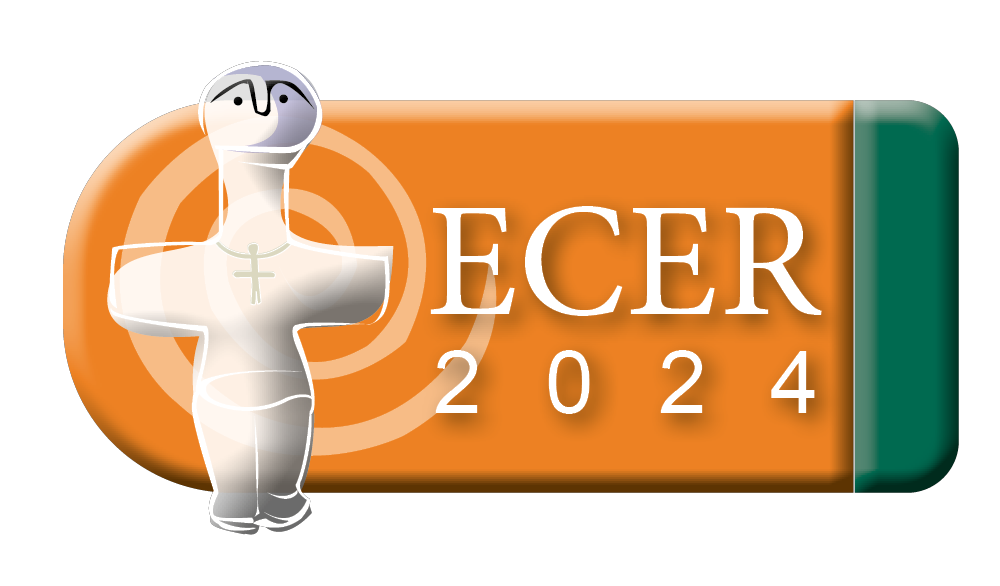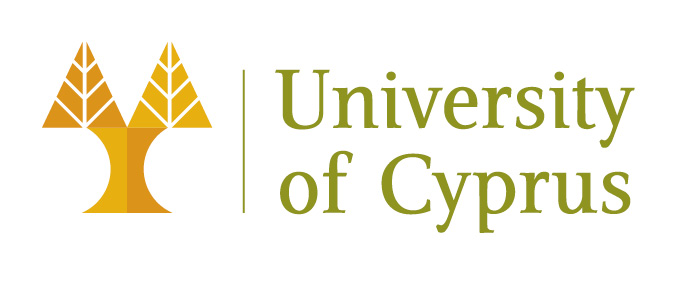- Speakers: Anna Aleksanyan (University of Graz, Austria); Heike Wendt (University of Graz, Austria); Yuliana Melkumyan (Yerevan State Univerity, Armenia); Oksana Zabolotna (Pavlo Tychyna Uman State Pedagogical University, Ukraine); Zahra Hashimi (Omid Online School, Afghanistan); Joanna Madalinska-Michalak (University of Warsaw, Poland)
- Chairperson: Anna Aleksanyan
- When: 00 SES 06 A / Wednesday, 28/Aug/2024: 13:45 - 15:15
- Location: Room 109 in ΧΩΔ 01 (Common Teaching Facilities [CTF01]); Floor 1
In the current education discourse there are no any models of education that can navigate pedagogical challenges in uncertain situations. War and conflict creates unique levels of uncertainty. How these shape educational settings and pedagogical situations is not well understood yet.
Education research should be ready to bring into the discussions unexpected uncertainties and try to find out comparative contextual elements and navigating indicators among specific cases[1]. When we try to discuss education in armed or hidden conflicts, we have to remember about the shock and stress under which education should be organised. Education must continue, no one knows how long uncertainty will take.
As of November 2023, according to UNICEF “400 million children – or about 1 child in every 5 – are living in or fleeing from conflict zones. They are losing family members and friends. And some are being recruited and used by armed forces or groups. Many of them have been displaced multiple times, risking separation from their families, losing critical years of education, and fraying ties to their communities” [2]. Even children grow up and become adults in this insecure reality, and it is not possible to know how long the insecurity will last and what the conditions and capacities for education will be.
When we look at the range of cases from different conflict countries [3], [4], [5], [6], we see how non-specifically organised educational spaces are in an intermediate state of uncertainty. These cases are sometimes unique and unexpected, but they are important for overcoming the challenges of educational processes in uncertainty. There is no country and no educational system that is safe from risky situations and long-term uncertainties. "We have to learn to deal with uncertainty... to calculate with uncertainty...” [7].
These facts confirm that there are no standard solutions for extraordinary educational situations. In an explosive war situation, conflicting countries try to find out ways to continue education processes facing different phenomena which are happening in parallel.
The unique cases should be discovered and presented with the case studies within this Special Discussion, spreading out important experiences of uncertain schooling and trying to highlight the models of navigation on pedagogical challenges. There is no country and any educational system that is ensured from risky situations. The countries, which are in the similar situations, don’t have the possibility to be informed about the important experiences and about the results of researches on the education under attack. This discussion is going to deliver and exchange important messages from the frontline, because education has to be continued even in the UNCERTAINTY. This discussion could provide valuable lessons applicable to building and sustaining academic, social, and individual learning and achievements for teachers and students, emphasizing resilience and adaptability in the face of complex challenges coming from different conflicting countries.
During this Special Session we are going to explore different case studies from schooling in uncertainty, discovering navigation of education through war and conflicts.
There will be discussion on the Case Studies on Schooling in Uncertainty from Afghanistan, Armenia, Ukraine, Iraq, as well as post-migration situation in Poland.
The following Case Studies will be presented:
- Schooling in Uncertainties: Education under the Atack
- War as a New Real for Helping Professions: Education Trends in the Context of Continuous Crisis
- Resilient Education: Sustaining the Future in the Shadows of War in Ukraine
- Omid Online School: A Solution for Girls' Education in Afghanistan
- Navigating Complexity: Successful School Principalship in in the Midst of War in Ukraine
- Barrier to access in higher education for displaced yazidi minorities in Iraq
References:
[1] Gleick, J. (1988). Chaos: Making a New Science. London: Penguin Books.
[2] “Children live in a world that is increasingly hostile to their rights” by UNICEF Executive Director Catherin Russell. 20 November 2023. https://www.unicef.org/lac/en/press-releases/children-live-world-increasingly-hostile-their-rights#:~:text=%E2%80%9CWe%20estimate%20that%20today%2C%20400,by%20armed%20forces%20or%20groups.
[3] Werner, W. (2012). Children and war: Risk, resilience, and recovery. Development and Psychopathology, 24, P. 553-558. Cambridge University Press.
[4] The Hidden crisis: armed conflict and education; EFA global monitoring report, 2011. The hidden crisis: armed conflict and education | Global Education Monitoring Report (unesco.org)
[5] Education under attack: Attacks on schools, students and educators are attacks on children’s right to an education – and on their futures. UNICEF. https://www.unicef.org/education-under-attack
[6] War and Education. How a Year of the Full-scale Invasion Influenced Ukrainian Schools | Cedos. https://cedos.org.ua/en/researches/war-and-education-how-a-year-of-the-full-scale-invasion-influenced-ukrainian-schools/
[7] Lindley D., (2014). Understanding Uncertainty. Revised edition. WILEY press. P. 17.

Important Dates ECER 2024
01.12.2023 | Submission starts |
31.01.2024 | Submission ends |
01.04.2024 | Registration starts |
03.04.2024 | Review results announced |
15.05.2024 | Early bird ends |
26.06.2024 | Presentation times announced |
30.06.2024 | Registration Deadline for Presenters |
26.08.2024 | ERC First Day |
27.08.2024 | ECER First Day |
Hosting Organisation

Local Services Website
Our partners EasyConferences support EERA, the University of Cyprus and you as conference participant in all matters around:
- accommodation
- transport
- travel advice and visa information
- bookable social and side events.